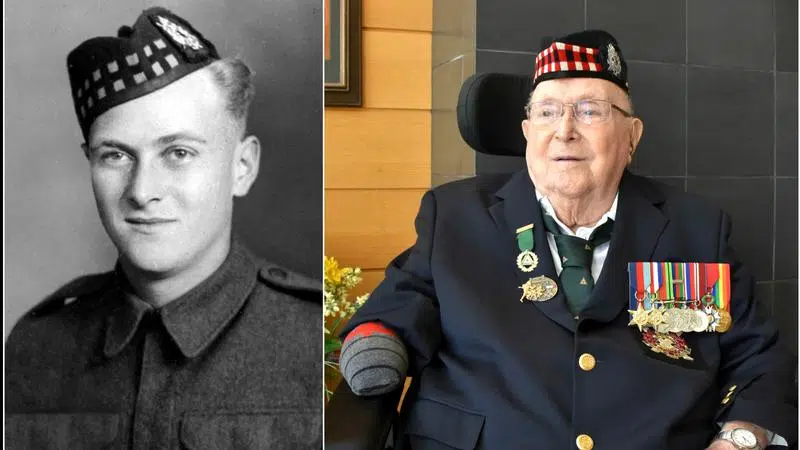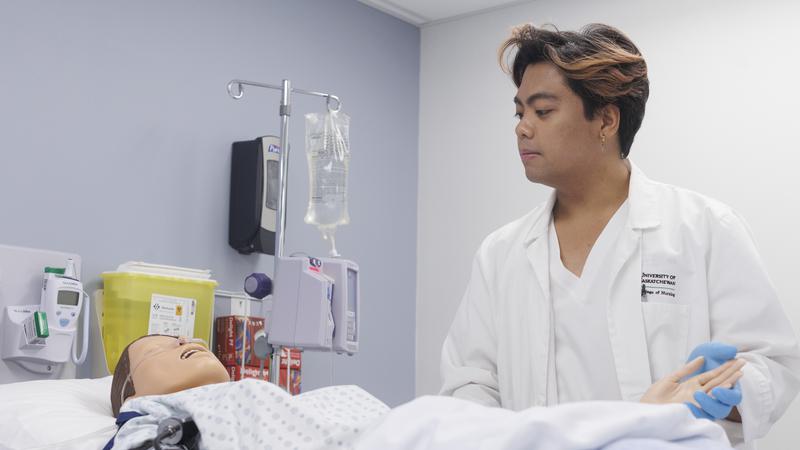
Second World War amputee veteran reflects on D-Day 75th Anniversary
On June 6, 1944, Toronto’s Allan Bacon was one of thousands of Canadians to arrive by boat on the shores of Juno Beach in Normandy, France.
As this year marks the 75th anniversary of D-Day, 99-year-old Bacon is reflecting on that pivotal event.
Bacon enlisted with the Royal Regiment of Canada in 1940 and was later transferred to the Canadian Scottish Regiment. When his tour of duty took him to Normandy, his role was in the mortar platoon. “That was because I had difficulty opening one eye at a time, which was required to operate a rifle,” he recalls.


